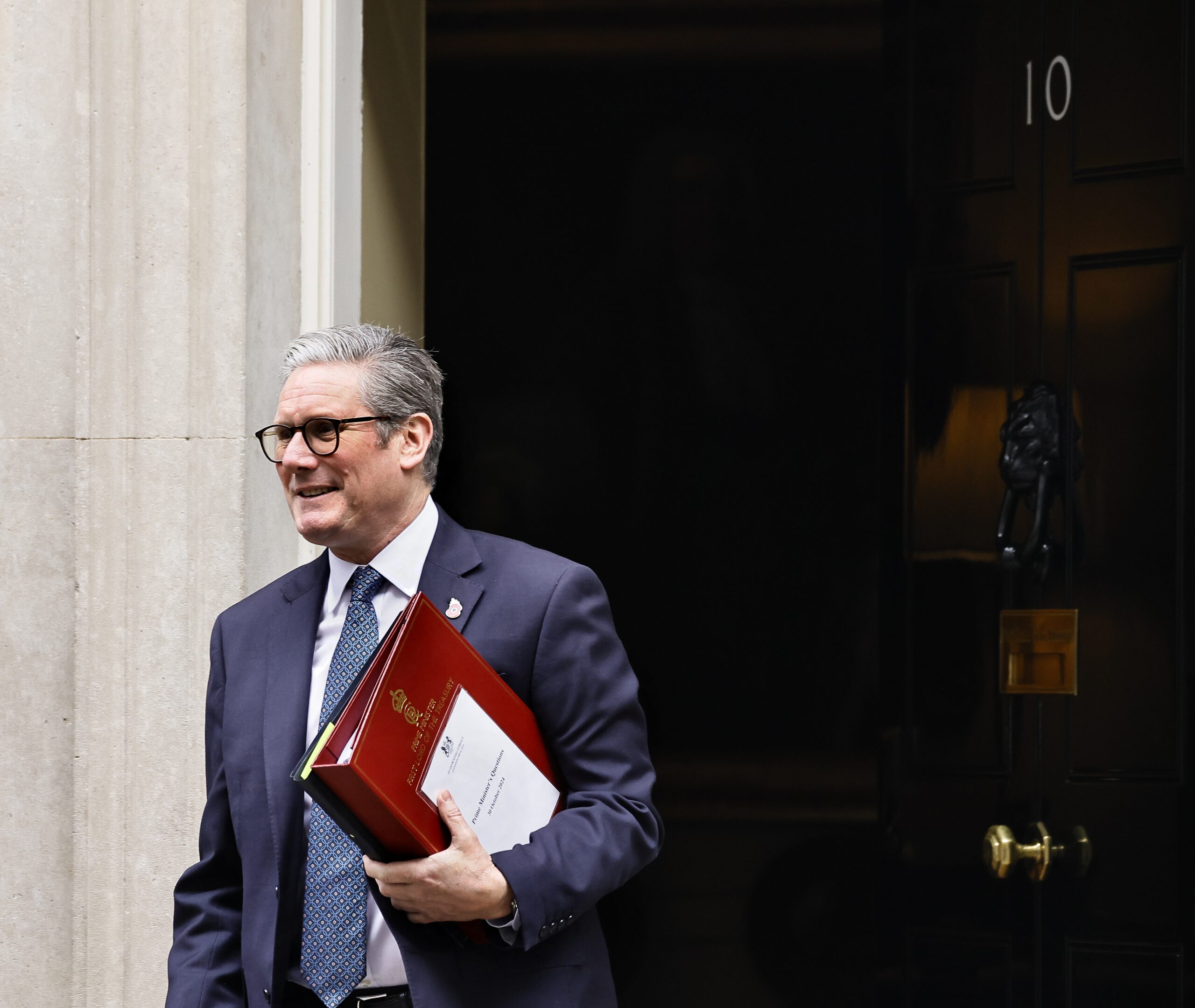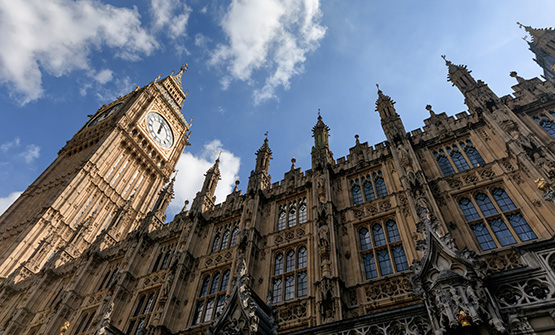Bullying and harassment in Parliament: the FDA response
FDA Assistant General Secretary Amy Leversidge updates members on our work to ensure all staff in Parliament can feel safe and respected at work.

Many of you will have seen recent reports on the systemic bullying and harassment of staff working in Parliament, including some excellent investigative journalism by Chris Cook and Lucinda Day from Newsnight. The FDA has, over many years, called for a complaints and grievance policy in Parliament that is fully independent of MPs.
The House of Commons brought in a new policy governing MPs’ behaviour in 2014, after a series of cases the FDA was involved in which demonstrated that the previous system was subject to undue influence by the political parties and MPs.
“Respect”, as the policy is called, was an improvement on its predecessor and had the potential for some independent oversight. However, it was never fully independent and it has required too high a threshold to trigger an independent investigation by the Commissioner for Parliamentary Standards.
Recent developments
When the sexual harassment scandal in Parliament broke in the autumn, we again called for a fully independent process to handle complaints, and highlighted the flaws in the current system. We also drew comparisons with the rest of the civil service, calling for an independent process to handle complaints against ministers, as outlined in this piece for The Guardian.
The Newsnight investigation demonstrated what we have known for a long time – that the current policy to protect staff in Parliament is not working, and that complaints over many years have been ignored by the parties, whips, committee chairs and MPs.
No one watching Newsnight’s report could have failed to be moved by the testimony of dedicated public servants whose careers have been blighted by abuse and intimidation by MPs. I appeared on Newsnight following its initial report calling, once again, for independent oversight, and highlighting that staff have no trust or confidence in the system that is meant to protect them from the kind of behaviour that has no place in any workplace.
As is so often the case, the examples highlighted in the media do not represent the experience of the majority of our members, nor do they represent the behaviour of a majority of MPs. Our members are the first to praise the work of parliamentarians, who are also committed public servants doing invaluable work.
What is clear, though, is that these are not isolated incidents and the lack of effective scrutiny has led to a culture where some MPs feel emboldened to display behaviour that would clearly result in discipline or dismissal in most workplaces.
House of Commons Commission inquiry: our position
Last week, we made a public call for change after the Leader of the Commons, Andrea Leadsom, announced that she would be recommending to the House of Commons Commission that there should be an independent inquiry into systemic bullying and to the shortcomings of the Respect Policy.
The House Commission is the body that effectively employs staff in Parliament, and it is made up of MPs, senior management and some non-executives. There is widespread recognition that the current policy is not fit for purpose. The FDA has backed the call for an independent inquiry and, last night, the Commission agreed to launch one.
What is not clear, though, is how independent this new inquiry will be and whether it will deal with individual cases. The Leader of the House appeared to row back last week from her earlier position, originally promising closure for staff but then suggesting that individual cases would not be looked at.
The House of Commons Commission has decided that the terms of reference for the inquiry should be determined by its non-executive members, along with whoever is appointed as the independent chair of the inquiry. The FDA has written to Andrea Leadsom and every member of the House Commission to put on record that we believe the inquiry must investigate past cases. We have asked to be involved in setting the terms of reference of the inquiry.
The FDA’s position is clear.
Firstly, the Respect Policy has not served the interests of staff, and it must be replaced by an effective and properly-resourced mechanism to investigate complaints and, where necessary, apply sanctions to MPs. The new policy must be fully independent of Parliament and the political parties.
Secondly, we cannot have a ‘year zero’ approach to any new policy in which past allegations of bullying are not allowed to be heard. The standards of behaviour exhibited by MPs breach any basic principle of conduct in the workplace, and there must be redress for those staff who have been unable to raise concerns due to the failings of the Respect Policy. The independent inquiry must allow staff to raise complaints which can be investigated independently. This is also important for future bullying and harassment cases, because there is often the need to demonstrate patterns of behaviour – something which cannot be done if MPs decide to start again with a clean slate.
The wider picture
This issue matters not only to those working in Parliament. The civil service has been reviewing how bullying and harassment is dealt with across employers. Many of you will have contributed to our recent survey, which has informed our negotiations with the review team led by Sue Owen, DCMS Permanent Secretary. Good progress is being made in these discussions, and we are working closely with the review team.
One of the issues highlighted in that survey is that, in the civil service, there is a similar lack of a meaningful process to handle complaints against ministers and other third parties. The same power dynamics apply when trying to ensure that complaints can be investigated fairly and with confidence, support by sanctions when required. As we have seen in Parliament and elsewhere, political expediency can take precedence over fairness.
Only a fully independent process can provide staff with the confidence that if they experience inappropriate behaviour from parliamentarians, Ministers or those close to them, there is a robust system for dealing with complaints. This will continue to be our priority and we will update you on developments over the coming weeks.
In the meantime, please do not hesitate to get in touch if you have any thoughts about the issues raised or want to speak to an FDA officer about your own experience.
If you know of colleagues who aren’t members of the FDA please forward this page on to them so they can see the value of being a member of the union of choice for civil service leaders. They can join online here.
You can keep track of the most recent FDA news by following us on X and by following the FDA’s General Secretary Dave Penman.
Related News
-

“An opportunity missed”
Dave Penman has labelled new Commission “an opportunity missed” and called on the government to go further and look at parliament for a more independent system.
-

FDA reiterates calls for a full independent bullying and harassment policy in the Senedd
Appearing before the Senedd Standards of Conduct Committee, FDA National Officer Jane Runeckles made clear that the process for dealing with bullying, harassment and sexual misconduct must be independent from MSs.
-

“Significant victory” for FDA members: MPs vote to introduce risk-based exclusion at the point of arrest
FDA welcomes MPs vote to introduce a formal mechanism to risk assess any MP at the point of arrest.